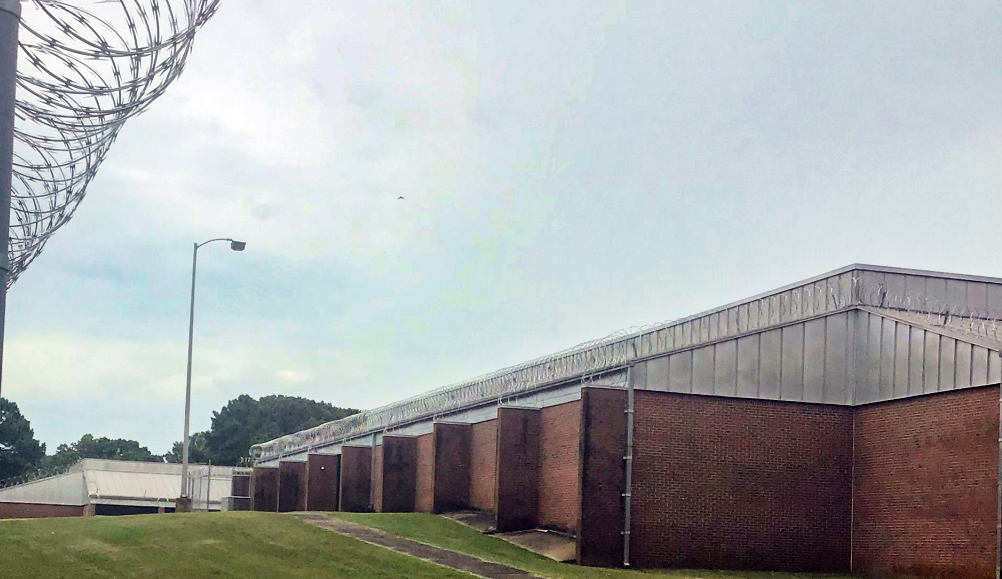
A legislative committee set up to examine how to improve the Wilder Youth Development Center in west Tennessee met for the last time this week. It was created after a recent report detailed physical and sexual abuse at the youth detention facility in Somerville, outside Memphis.
The list the following recommendations:
- Build a new facility at the Wilder campus in Somerville. This would expand bed capacity. Currently the state needs up to 190 additional male beds and 25 additional female beds.
- Share juvenile records among judges. This would allow confidential juvenile records to be shared among juvenile court judges across the state, to provide a full picture of a juvenile’s record. Currently, juvenile records do not follow juveniles to different jurisdictions across the state. This legislation is a first step towards addressing a large data sharing issue.
- Disincentivize escapes at youth development centers by allowing juvenile escapees to be charged as an adult and moved to a Tennessee Department of Corrections facility. Under the bill, the juvenile would only be charged as an adult for the crime of escaping.
- Lower the age eligible for an incorrigible designation from 18 to 17 years old. This would allow superintendents at Wilder and other youth development centers to transfer extremely uncooperative and violent 17-year-olds to Department of Corrections facilities.
- Require children in DCS custody who are 16 years of age or older and retained in a Level III or Level IV juvenile detention facility to be separated from children under 16 years of age.
- Expand employee training for youth services officers on best practices for behavior management and conflict resolution when supervising juveniles with severe behavioral issues. Additionally, to help attract and retain personnel the committee is working with DCS to support salary improvements for DCS officers in the 2023-24 state budget.
- Create a Juvenile Justice Review Commission under DCS and the Tennessee Commission on Children and Youth (TCCY). The commission would regularly review juvenile justice cases and provide an annual report with recommendations to the General Assembly. It would be modeled after the Second Look Commission which reviews severe child abuse cases.
- Improve prevention services by expanding DCS prevention grants that provide after school care, curfew checks, school attendance checks and mental health care. Tennessee currently has two prevention programs with over a 90% success rate. The programs serve 55 youth per year in East and West Tennessee.
- Establish a juvenile step-down pilot program that would incentivize good behavior among juveniles. It would provide ways for juveniles to step down from secure facilities into a homelike setting with more freedom.
- Provide a stronger clinical presence at youth development centers by requiring 24/7 clinical mental health treatment services.
- Offer chaplain services at all DCS youth development facilities.
While it’s not clear if all of the recommendations will be passed by the General Assembly, some of the ideas have already been proposed.

